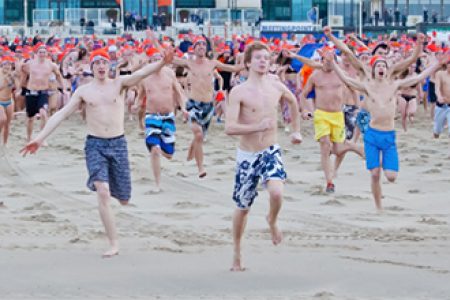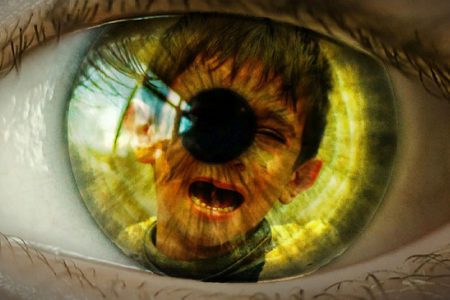Can you ‘pose’ your way to success?
Have you ever wondered why is it that sometimes you perform extremely well at presentations or job interviews while at other times your brain seems to freeze? Your performance in such tasks depends on the levels of two hormones: testosterone and cortisol.
Our daily competitions and challenges in life come in the form of board meetings, job interviews, important presentations, or exams. When we succeed, we feel on top of the world: powerful, happy, competent. But when we lose, we feel powerless, down, less motivated to engage in further action, and less willing to take chances and risks.
What are the biological mechanisms underlying these feelings and behaviors? Power and success are associated with two key hormones: the dominance hormone testosterone, and the stress hormone cortisol.
Just before athletes are about to compete in important tournaments and again if they win, they show increased levels of testosterone. If they lose, however, testosterone levels drop. These changes in turn determine whether the athletes have a desire to compete again.
When we are exposed to stressors, our cortisol levels rise. This is not bad per se, but prolonged stress may cause these levels to become too high. Chronically elevated cortisol levels have been associated with memory loss, impaired immune function, and hypertension. Indeed, people in low-power groups have higher incidences of stress-related illness than people in high-power groups. Powerful people show lower base levels of cortisol than powerless people do, and when they are in stressful situations, their cortisol levels increase only slowly. Moreover, as they gain more power, their cortisol levels continue to decrease.
So the power-holder’s typical hormone profile is relatively high in testosterone and relatively low in cortisol. Now, it is actually possible to increase testosterone levels by regular exercise and adapting food intakes (zinc + proteins + vitamin B6), and to decrease cortisol levels by avoiding coffee and engaging in regular meditation. But could there be a quicker and easier way?
Power in humans and animals is expressed by highly specific non-verbal display. Peacocks fan their tail feathers, chimpanzees hold their breath until their chests bulge, and humans put their feet on the desk and interlink their fingers behind their head, elbows facing outward. Previous research has shown that bodily movements can affect emotional states. For example, holding a pencil in your mouth and thereby contracting your zygomaticus major muscles (smile muscles) has been shown to increase enjoyment, whereas assuming a hunched pose elicits more depressed feelings. Would it be possible to induce power and change your brain chemistry just by assuming a powerful posture?
A recent study by researchers in Columbia and Harvard tested just this. They asked participants to assume, for two minutes, either a powerful pose as described above, or a non-powerful pose which included wrapping their arms around their torso, and assuming a generally closed body position. The participants thought that the specific positions of their arms and legs were necessary to obtain accurate electrocardiogram readings and therefore were not aware of the ‘powerful’ or ‘powerless’ aspects of the poses.
The results of this study showed that, compared to the beginning of the experiment, people in the high-power pose condition showed increased testosterone levels paired with lower cortisol levels. In contrast, people in the low-power pose condition showed decreased testosterone levels paired with increased cortisol levels. Moreover, the high-power participants reported feeling more powerful, and they engaged in more risk-taking behavior, whereas the low-power group reported feeling less powerful and showed more risk-averse behavior.
So before you next go into a board room, give a presentation, do an exam, or go in for a job interview, consider taking two minutes to yourself: hide away in a quiet space and take on that power pose. It could make all the difference.





